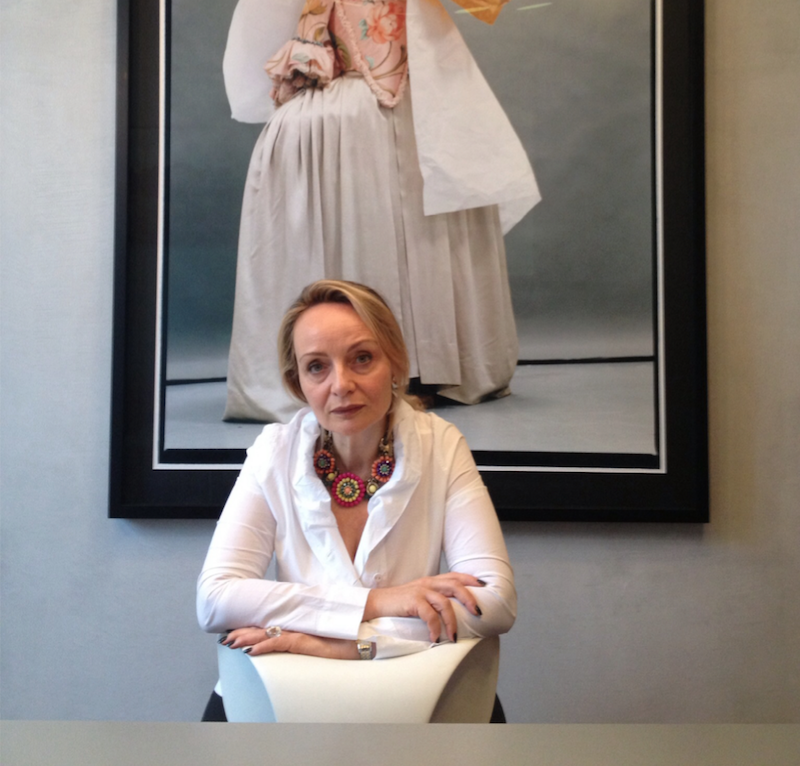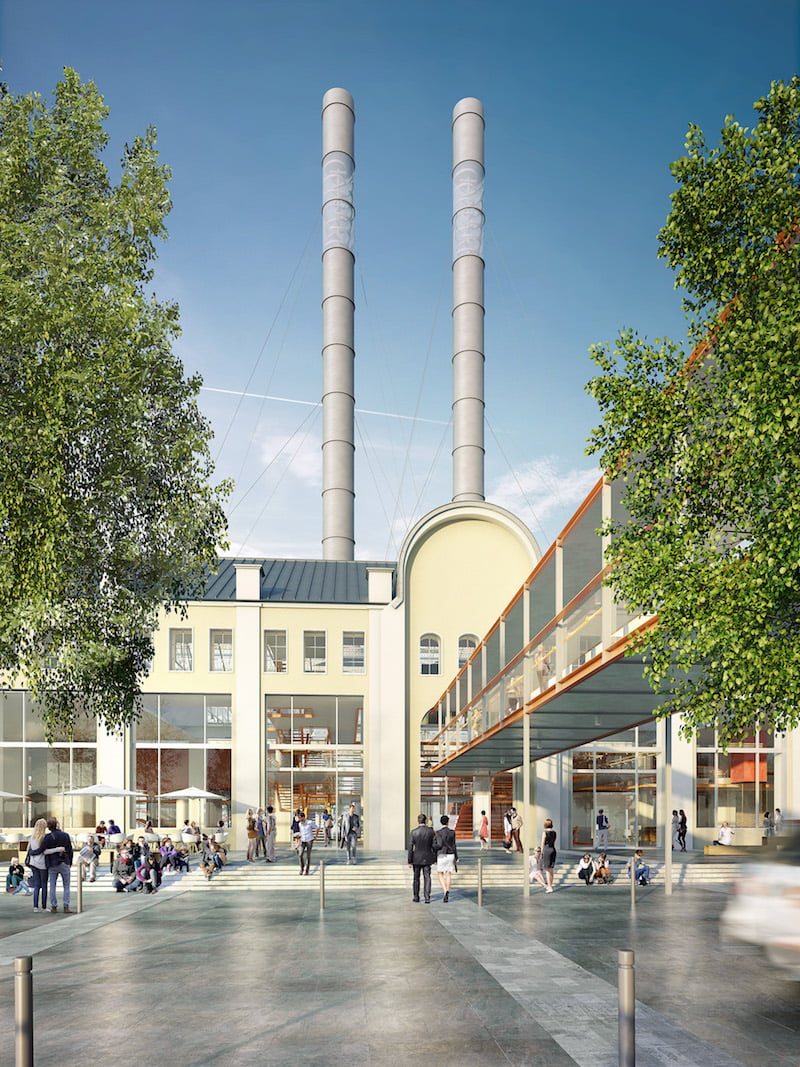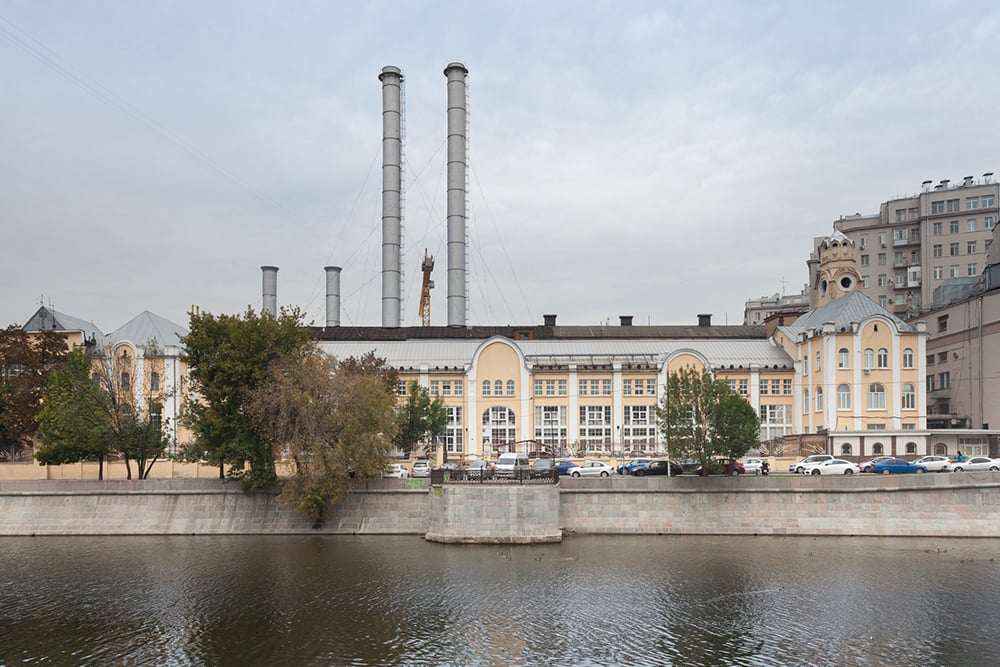Art World
Renzo Piano Designs New Moscow Museum for Leonid Mikhelson’s V-A-C Foundation
The private collection gets a state-of-the-art new home.

The private collection gets a state-of-the-art new home.

Henri Neuendorf

Moscow’s contemporary art scene is booming. Following the opening of the Garage Museum for Contemporary Art and the recent 6th edition of the Moscow Biennial, the V-A-C Foundation has announced that Renzo Piano is developing a new site for contemporary art on the 2 hectare grounds of a former power plant on the banks of the Moskva River.
Situated in the Russian capital’s trendy Red October district, the power station, which dates to 1904, will be transformed into a major cultural destination.
To ensure that the site will be up to standard, the V-A-C Foundation—founded by Russian multi-billionaire Leonid Mikhelson, who named the foundation after his daughter, Victoria—commissioned the Renzo Piano Building Workshop (RPBW) to redesign the GES2 power station and the surrounding grounds.

A rendering of what Renzo Piano’s conversion will look like.
Photo: V-A-C Foundation
According to a press release, the preliminary plans split the GES2 plant into four separate “poles”: The Civic pole, the Welcoming pole, the Exhibitions pole, and the Education pole.
The civic and welcoming poles will be communal areas featuring a tree-lined sculpture garden and plaza. It will also include a library and bookshop as well as a café and restaurant. An auditorium and a space for permanent and temporary art installations rounds off the area.
Built around a 100-meter long and 23-meter high turbine hall, the main exhibitions area encompasses several adaptable galleries that can be converted depending on the requirements of the exhibitions program.

The V-A-C Foundation will covert Moscow’s former GES2 power plant into a museum. Photo by Ivan Erofeev.
The education pole will house classrooms and residency blocks and will be the new home of the V-A-C Foundation’s Curatorial Summer School, which offers courses on contemporary art for both children and adults.
Under RPBW’s plan, the core of the site will be conserved in order to maintain the former power station’s industrial character. Thus the power plant’s distinctive chimneys will remain part of the city’s skyline.